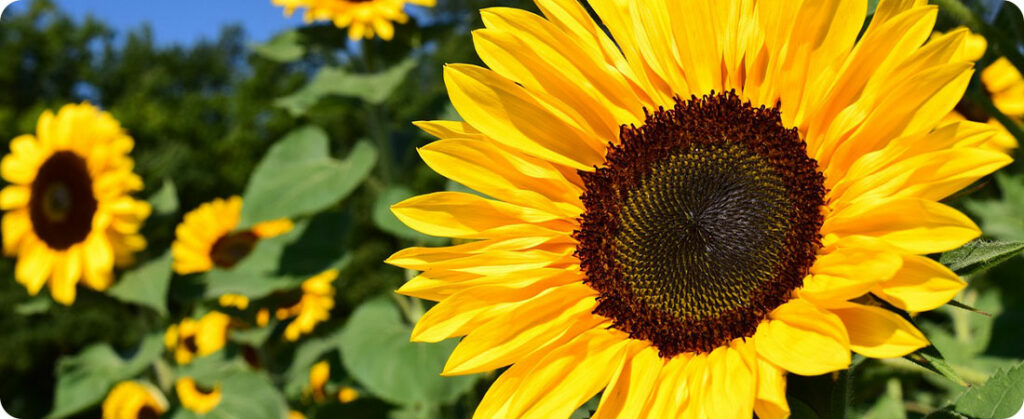
The Bulgarian Ministry of Agriculture has proposed implementing preliminary quotas for certain Ukrainian imports, such as sunflower seeds and Sunflower oil, as reported by AgriCensus.
However, the operation and start date of the quotas were not clarified, as indicated in the December 11 report.
Meanwhile, many Ukrainian sunflower traders are still waiting for proper documentation to carry out exports, according to the same report.
An official Bulgarian statement revealed that the ministry has expanded the list of agricultural products and foods allowed for import, according to AgriCensus. The list covers wheat, sunflower seeds, rapeseed and corn. Includes refined and unrefined sunflower oil, white sugar, powdered milk, honey and frozen raspberries. Since December, these products have been subject to an import license regime. All procedures have been completed, as detailed in the approval report.
At the time of the report, the ministry was in discussion about specific quotas, with 923,033 tonnes for sunflower seeds, 79,500 tonnes for sunflower oil and 11,711 tonnes for refined sunflower oil. Authorities officially determined the quota volume based on the 2023 harvest, 2022 remaining stocks, consumption, harvest volumes and other factors.
Impact of quotas, lack of documentation and production prospects in Bulgaria and Ukraine
Market sources did not expect immediate approval of the quotas, as the ministry planned to meet with Bulgarian associations to discuss the issue. As mentioned in AgriCensus, we would present a draft to the European Parliament in Brussels after this meeting.
In search of sunflower seeds, Bulgarian companies faced defaults when importing from Ukraine due to a lack of necessary documentation, according to market sources. The sunflower harvest in Bulgaria for 2023/24, according to the latest update from the European Commission, decreased by 23% compared to the previous season, totaling 1.62 million tons.
At the same time, Ukrainian authorities and the USDA predict an increase in soybean production and a reduction in rapeseed production in the current harvest compared to the previous year.
Rapeseed prices were below the previous year, and expectations for an increase were low, according to a report from Germany's UFOP.
Furthermore, the lack of rain delayed planting, as highlighted in the December 15 report.
However, the outlook for sunflower seed production was more optimistic, according to research by Agrarmarkt Informations-Gesellschaft.
Soybeans and sunflower were expected to be more profitable. This is due to lower input costs, especially in the case of soybeans.
Source: Oils & Fats International










